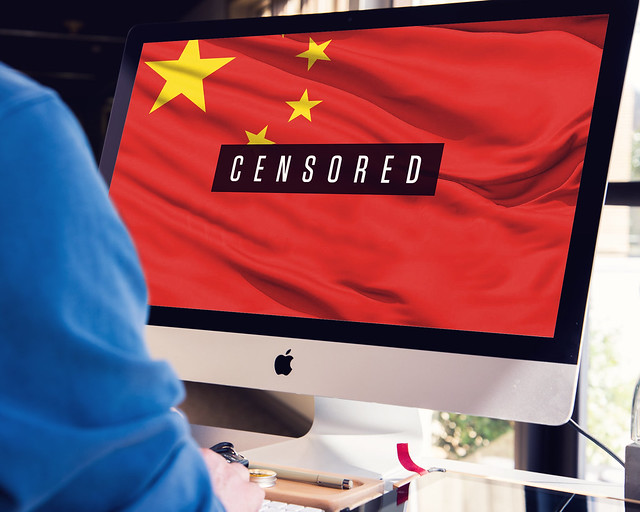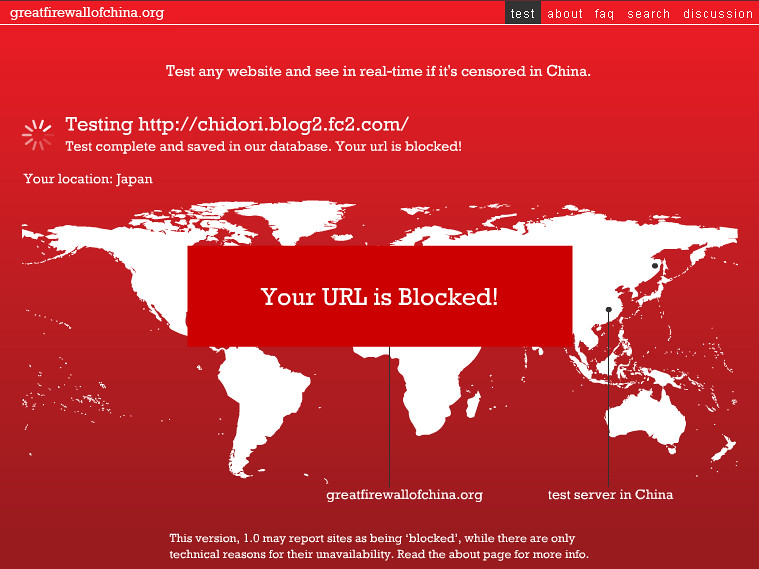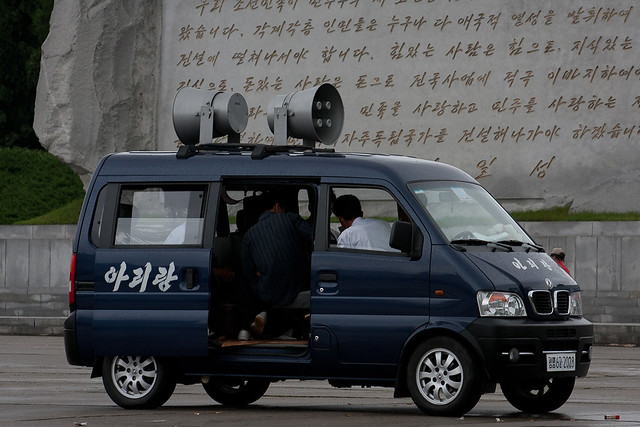So, what is “Internet Regulation”?
As the internet becomes more complex overtime with the increasing growth of user-created content and online communities, the need for regulation to govern the operation and accessibility rises, aiming to create safe and secure online environment. With the amount of freedom users have while being on the internet, regulation and moderation of the content produced and consumed is required. Through internet regulation, issues regarding privacy, cybersecurity, content moderation, and intellectual property is protected, benefiting the users online experience.
We can already see a method of internet regulation in different platforms being utilised through their community and user guidelines, these rules are especially vital for the user-created content and social media platforms. These guidelines intend to minimise (and hopefully eliminate) the amount of unlawful and/or defamatory posts and the misleading information that users share, spreading fake news, thus moderators from the platforms are able to flag and remove any content that ignore the guidelines. The use of community guidelines is commonly used across all type of platform media across the world wide web; however, it is not always effective, at the end of the day the users have their own freedom on the internet and are still able to create and share illicit content until moderators take it down.
How does censorship relate to this?
Censorship is an important aspect of internet regulation, while most other internet regulation practices restrict and limit content that is deemed inappropriate, censoring the content completely blocks access to the content. As mentioned earlier, community guidelines don’t have much power over the user producing unlawful content, thus censorship comes into play, controlling and suppressing the content from being shared.
The majority of internet regulation and governance aims to tackle the harsh online environment of the harmful content, such as hate speech, child exploitation, or corrupting propaganda. Overall, the use of moderators and guidelines comes from a background of online safety and protection, however, internet regulation and censorship can also be used to silence free speech and spread misinformation.
One of the most censored aspects of society is within the political environment, the censorship of ideas and support for anything that opposes the government in power is very common, especially in countries like China, Egypt, Iran and Russia. History shows various nations and political organisations using political censorship and propaganda to influence the public in their favour, for example, many law acts were put in place against opposing or criticising governments. In today’s political atmosphere, seen during the 2016 United States Presidential Elections where over 2000 Trump critic accounts were deleted from online communities of Trump supporters by the moderators (Conditt, 2019).
The concept of censorship is complex due to its dual purpose, on the one hand, it is necessary to maintain a safe and operational online ecosystem, protecting users from harm, however, on the other hand, censorship can be misused to suppress free speech and expression, restrict access to information, or violate individual liberties (American Civil Liberties Union, 2006).
Online Political Censorship in China
One of the most censored countries in the world is China, their censorship, also known as the “Great Firewall of China”, is the world’s best and most complicated restrictive censorship machine that filters through and blocks all the foreign websites such as Facebook, Twitter, The New York Times, and various other global websites. Instead, China has homemade alternatives for the commonly used media sites and these sites are thoroughly controlled with human censors constantly moderating and regulating the user-generated platforms. China also has laws that allows the government to censor any content they deem illegal or inappropriate (South China Morning Post, 2019).
The methods of internet regulation utilised in China are put in place and overseen by the national government, the Ministry of Information Industry (MII) oversees the internet censorship, whilst the State Council Information Office and the Chinese Communist Party’s Propaganda Department decide what is content needs to be censored. Internet Service Providers in China also use Internet routers to regulate and censor what users can access online through a data filtration system that is programmed to block viruses or spam, however, this same system is also used to censor political or religious content (Unknown, 2006). This clearly highlights the high level of political control over technology within China, and the use of internet regulation as a tool for censorship.
Additionally, the censorship of journalism within countries like China, with authoritarian systems that have a tenacious control over the political opinions and the freedom of information is taken away. Journalism is already a risky but important profession and with the rise of critical journalism, journalists face various threats for publishing an opposing political view. In China, critical journalism began in the 1990s where journalists started pushing boundaries in their reports for more critical and liberal news companies, this coming from a tightly controlled press since 1949, when the Communist Party took power (Tong, 2017). As mentioned earlier, the Chinese Communist Party’s Propaganda Department oversees what content is censored, and critical journalism is one of the most censored content, alongside any other propaganda or text that goes against the current governing power. The Committee to Protect Journalists (CPJ) has investigated and documented the censorship, legal action and other threats received by journalists and found that there are forty-two journalists currently in prison in China because of their reports on corruption amongst high-level officials, thus depicting how online censorship is a tool used to manipulate the public by the authoritarian government (Beach, 2017).
Online Censorship in North Korea
Similarly, North Korea, the Democratic People’s Republic of Korea, is also a heavily censored state, with limited access to internet for the public and a lack of freedom of speech, North Korea is notably known for the harsh restrictions on what we use daily. Authoritarian countries like North Korea and China see the free flow of information on the internet as a “dilemma”, the risk of political undermining increases with the accessible information beyond government control (Ko, Lee & Jang, 2009).
North Koreans have access to the global internet but only for certain “powerful individuals”, everyone else has access to a form of intranet, however with the many regulations, most of the content is heavily censored. For many individuals in North Korea, the internet and Wi-Fi were not a commonly known concept, news, television, radio, and other media were produced and shared internally by North Korean operated stations. The Korean Central News Agency (KCNA) and Rodung Sinmun were the two main online news outlets, however due to the lack of public access to the internet or online platforms, individual do not have easy access to even read the news. Ownership of computers in North Korea are required to register it with the police, like buying firearms in the United States, and fax machines are essentially banned, and the act of sending a fax goes through many levels of authorisation. Thus, North Korean internet regulation or lack of internet access has censored the public from gaining any information about anything to do with the outside North Korea, this follows the ideology of “Juche”, which essentially means “self-reliance”, encouraging North Korea to be independent from the outside world.
Like China’s rules against producing anti-government content, North Korea also restricts all political and civil independence for the citizens, with no freedom of expression and forbidding any content advocating for the political opposition. Mass media and other press within North Korea is completely controlled by the Korean Workers’ Party, further imparting the high level of censorship in North Korea despite the constitution allowing for freedom of press.
To sum up…
Internet regulation is an important aspect of the online environment and will continue to be as internet transforms overtime. Censorship will always be a tool used to regulate because of the freedom individuals have online, it can be used to create a safer online atmosphere, but also can be used to restrict freedom of speech and information as mentioned in the examples of China and North Korea.
References
Ashokkumar, A., Talaifar, S., Fraser, W. T., Landabur, R., Buhrmester, M. D., Gómez, Á., Paredes, B., & Swann, W. B. (2020). Censoring political opposition online: Who does it and why. Journal of Experimental Social Psychology, 91, 104031. https://doi.org/10.1016/j.jesp.2020.104031
Bateman, J., Thompson, N., & Smith, V. (2021). How social media platforms’ community standards address influence operations. Carnegie Endowment for International Peace. https://carnegieendowment.org/2021/04/01/how-social-media-platforms-community-standards-address-influence-operations-pub-84201
Burgess, M. (2023, June 8). The bizarre reality of getting online in North Korea. WIRED. https://www.wired.com/story/internet-reality-north-korea/
Censorship | Definition, History, Types, & Examples. (2023, September 27). Encyclopedia Britannica. https://www.britannica.com/topic/censorship/Medieval-Christendom#ref14933
Engadget is part of the Yahoo family of brands. (2016, July 28). https://www.engadget.com/2016-07-28-donald-trump-reddit-ama-censorship.html
Ko, K., Lee, H., & Jang, S. (2009). The Internet dilemma and control policy: political and economic implications of the Internet in North Korea. Korean Journal of Defense Analysis, 21(3), 279–295. https://doi.org/10.1080/10163270903087204
“Race to the Bottom”: Corporate complicity in Chinese Internet censorship: II. How censorship works in China: A Brief Overview. (2006, August). https://www.hrw.org/reports/2006/china0806/3.htm
Tong, J. (2017). The taming of critical journalism in China. Journalism Studies, 20(1), 79–96. https://doi.org/10.1080/1461670x.2017.1375386
What is censorship? | American Civil Liberties Union. (2006, August 30). American Civil Liberties Union. https://www.aclu.org/documents/what-censorship
Xu, B. (2017, February 17). Media censorship in China. Council on Foreign Relations. https://www.cfr.org/backgrounder/media-censorship-china
Youm, K. H. (1991). Press laws in North Korea. Asian Journal of Communication, 2(1), 70–86. https://doi.org/10.1080/01292989109359541






